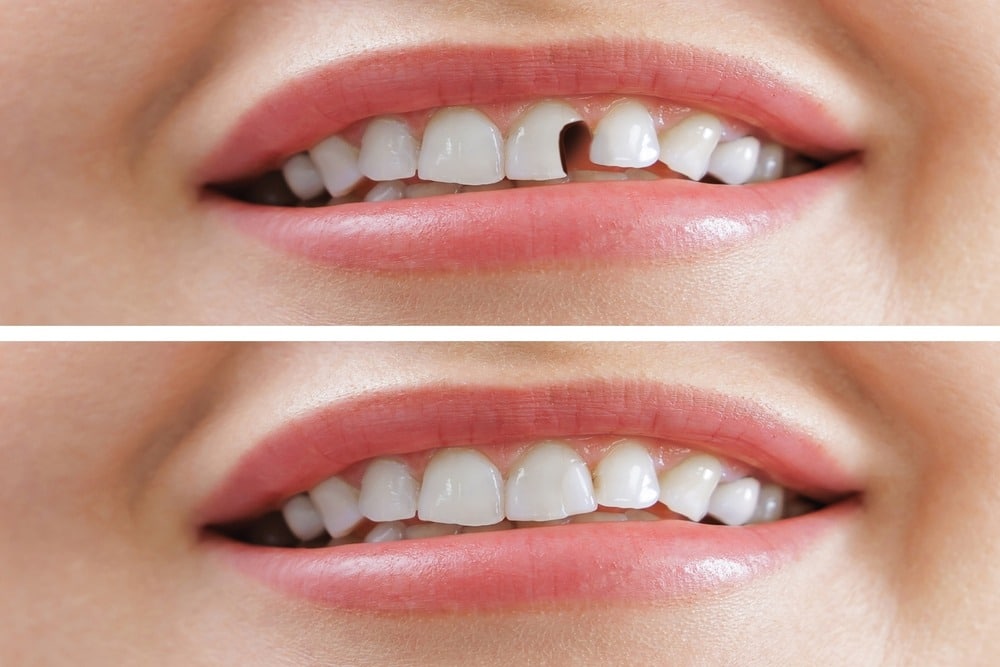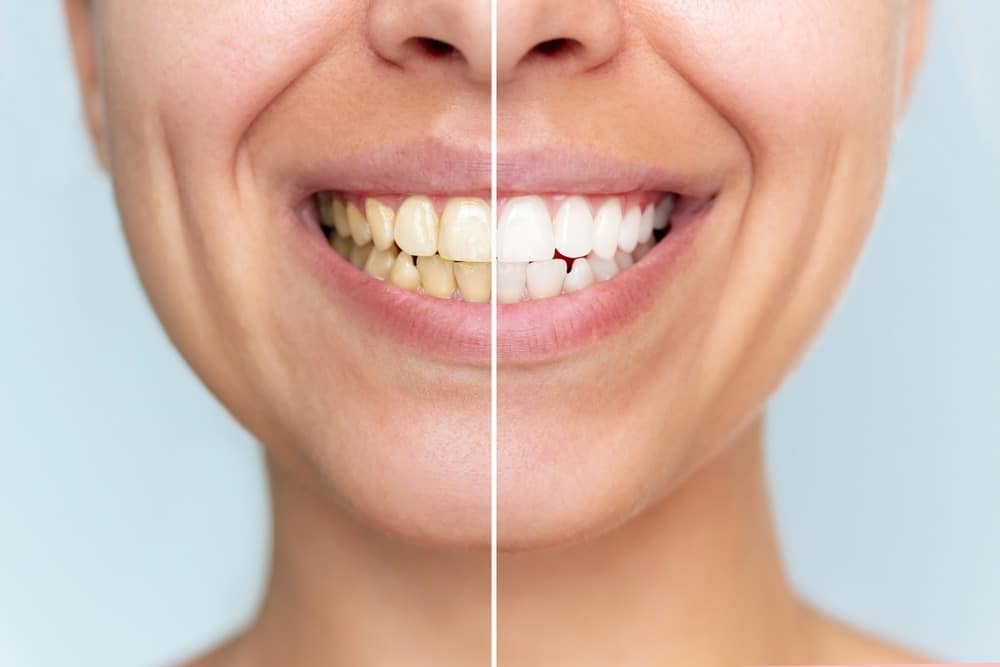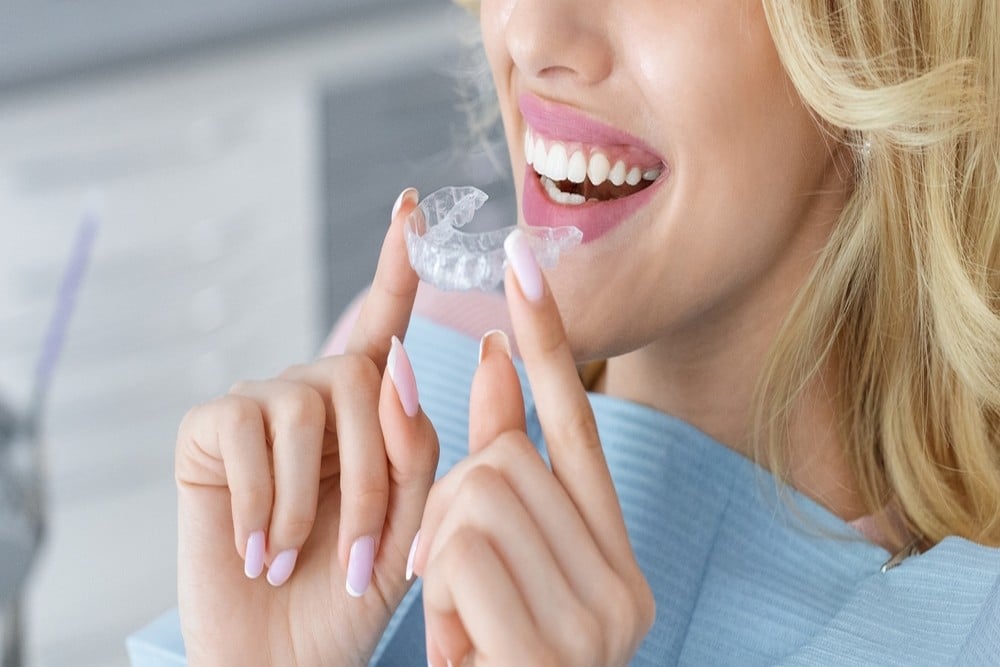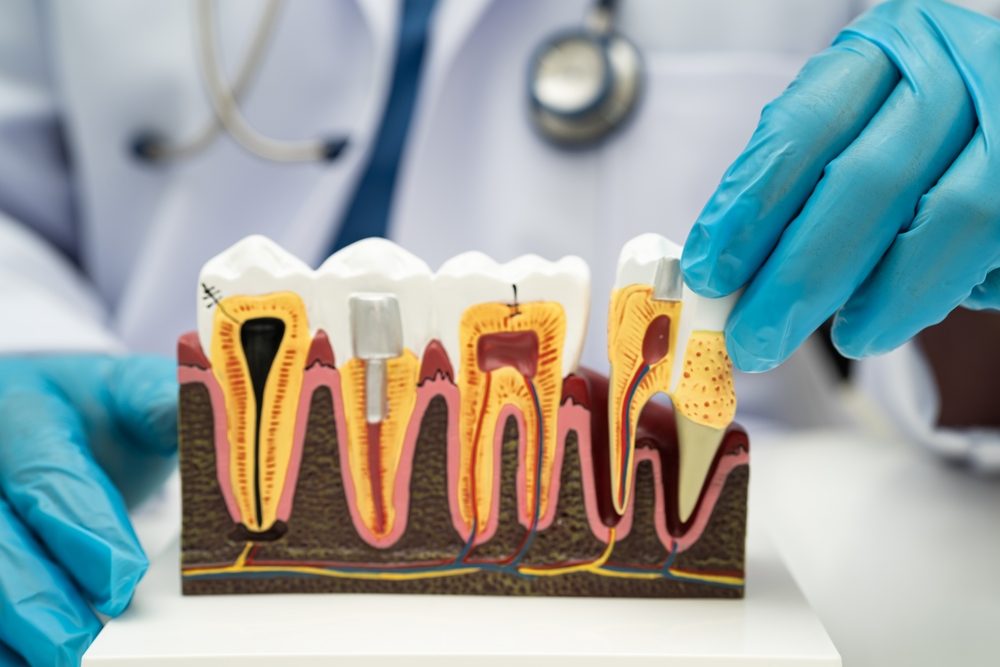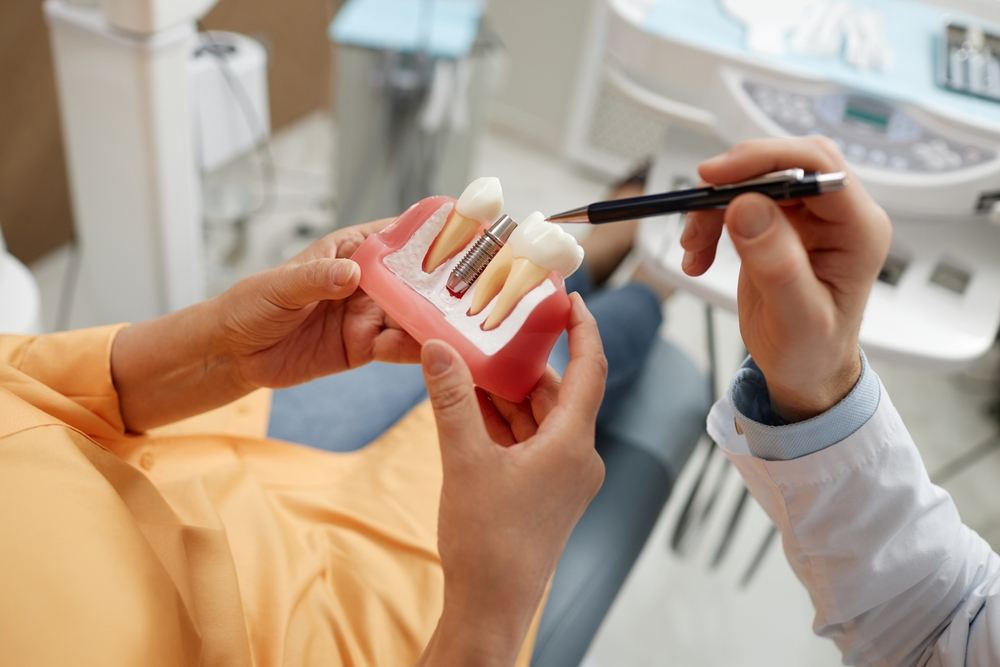A toothache can be attributed to anything from a popcorn hull stuck within your gum to a bacterial infection. Some toothaches can be due to temporary gum irritation, while others indicate a more serious problem. How do you know when it needs immediate attention or not? This blog will go over everything you need to know about toothaches and what you can do to treat them.
What is a Toothache?
In simple terms, a toothache is a pain in or around the tooth. Minor toothaches can take place due to temporary gum irritation, which can be easily treated at home. More serious toothaches are caused by oral and dental issues that will get better without the intervention of a dentist.
Why is My Toothache So Painful?
Inside your tooth, there’s soft material filled with nerves, tissue, and blood vessels. These nerves are one of the most sensitive in the body. When they get infected by bacteria or simply get irritated, they can cause immense pain.
What Are the Possible Causes of Toothaches?
Toothaches can be caused by numerous things; however, the most common reasons include the following:
- A tooth fracture (broken tooth)
- Tooth decay
- Abscessed tooth (bacterial infection inside the tooth)
- Repetitive motion such as chewing gum, or grinding/clenching teeth
- Gum infection
- Eruption (new teeth coming you)
- Removal of teeth (wisdom teeth)
What Are the Possible Symptoms of Toothaches?
The tooth pain can be sharp, throbbing, or constant. In some people, the pain is only felt if pressure is put on the tooth. The most common symptoms include:
- Swelling around the tooth
- Foul-tasting drainage from the infected tooth
- Headache or fever
- An unpleasant odor from the mouth
If you’re having difficulty breathing and swallowing along with your pain, call a dental professional right away.
Can My Toothache Go Away on Its Own?
Certain toothaches that have pain around your tooth (not inside) can get better without the help of a dentist. The pain from a temporary irritation (redness) can be resolved in just a few days. During this time, try not to chew with the affected area. Try eating soft foods like soup, yogurt, and eggs. Avoid eating sweets and very cold or hot foods if your teeth are sensitive. However, most toothaches require the attention of a professional, which is why you should see your dentist as soon as possible. Until you can see them, there are a few temporary relief techniques you can use.
How Do I Treat Toothaches at Home?
For temporary relief, until you are able to see your dentist, home treatments you can do for toothaches includes:
- Rinsing with warm saltwater – Saltwater helps loosen the debris between your teeth while acting as a disinfectant and helping reduce inflammation. Mix 1/2 a teaspoon of salt into hot water and rinse your mouth thoroughly.
- Rinsing with hydrogen peroxide – Hydrogen peroxide solutions help reduce pain and inflammation. Dilute hydrogen peroxide with the same amount of water and rinse thoroughly (note: do not swallow).
- Cold compresses – To help reduce pain and inflammation, hold a cold compress of ice wrapped in a towel to the pained area for 20-minute periods. Repeat every couple of hours.
- Pain medications – Many over-the-counter pain medications can reduce pain and inflammation.
Natural Remedies and Treatments
Natural remedies and treatments you can do at home to help get through the night until you can see a dentist includes:
- Vanilla extract – The alcohol found in vanilla extract helps numb pain temporarily. It also contains antioxidants that help the area heal. Use your finger to apply to the tooth and gum a couple of times a day.
- Clove Oil – Clove oil is a natural antiseptic that numbs pain and helps reduce inflammation. Dab on the affected area or add a drop to a small glass of water and rinse thoroughly.
- Peppermint Tea – The soothing properties of peppermint can help reduce pain. Apply the peppermint tea bag against the tooth and gum.

How Will the Dentist Treat my Toothache?
Home treatments are just temporary pain relievers until you can meet with your dentist, so of course, visiting your dentist is the best course of action. After your dentist examines you, a treatment will be recommended. The type of treatment you receive depends on what’s causing your toothache. Common procedures dentists do to help relieve toothache includes the following:
- Antibiotics – Antibiotics can be prescribed if there is swelling of the jaw or a fever. This can be due to small pieces of food being stuck (like popcorn hulls). In these cases, a deep cleansing may be necessary. Antibiotics only help reduce the bacterial activity taking place, they never eliminate it completely. Other methods may be needed to fully eliminate the toothache.
- Cavity Filling – if a cavity is the cause of your toothache, your dentist will fill the cavity or remove the tooth if necessary.
- Root Canal – a root canal procedure removes and replaces the infected pulp with sealing material.
Although toothaches vary in severity, you should make sure to get them checked with your dentist. In some cases, if you don’t properly treat them, it can cause bigger issues down the road. Toothaches are common, so don’t be afraid to get them checked. We hope this blog helped you understand the vital aspects of toothaches and what you can do to treat them until you can see your dentist. If you’re experiencing a toothache, don’t hesitate to contact us. At Dental Arts, we can help solve all issues related to your oral health. Give us a call at (619) 444-1001 or click here to book an appointment. We are located at 707 Arnele Avenue, El Cajon, CA 92020.


